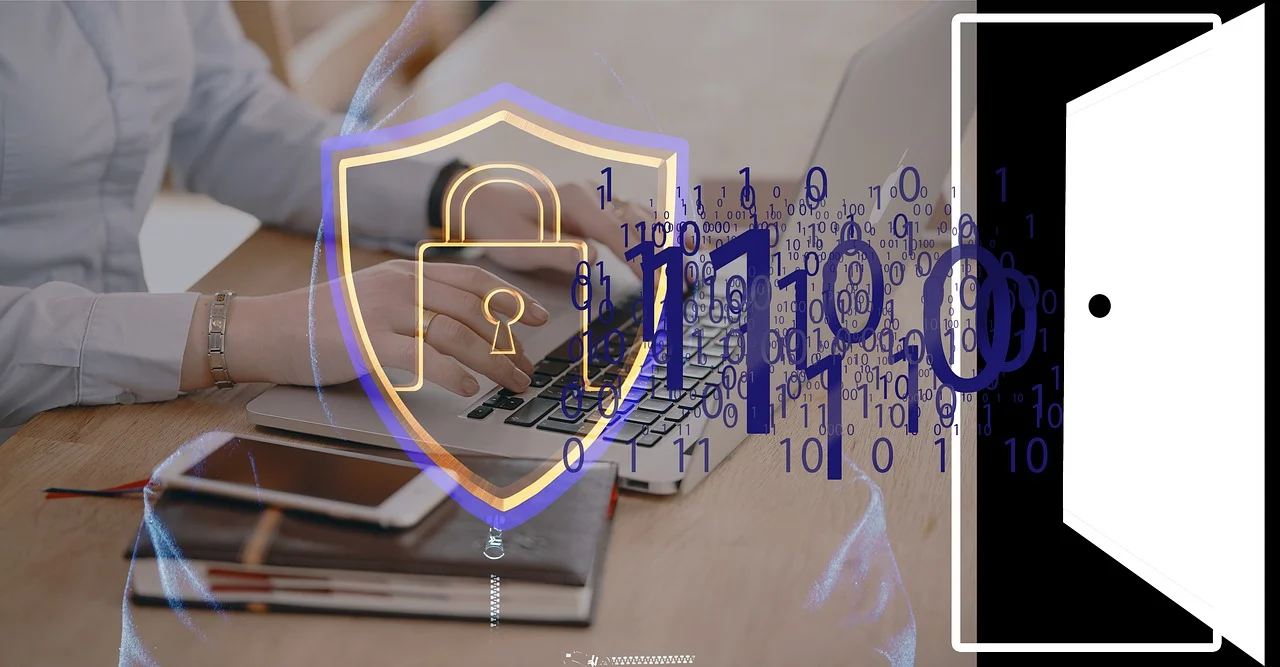As Germany approaches its next federal election, cybersecurity has become a top concern for the country’s leadership. In light of rising digital threats, Germany’s Interior Minister, Nancy Faeser, has called for stronger measures to safeguard the integrity of the election process and to protect critical digital infrastructure. This warning comes amid growing fears of cyberattacks targeting democratic processes globally, with elections in other nations serving as recent reminders of how vulnerable systems can be to interference.
Heightened Cybersecurity Risks Ahead of the Election
Germany, a major European democracy and economic powerhouse, has increasingly become a target for cyberattacks in recent years. The government, businesses, and critical infrastructure are all at risk from a range of cyber threats, including ransomware, data breaches, and disinformation campaigns. The upcoming federal election, expected to take place in late 2025, is seen as a particular point of vulnerability, as cyber actors seek to disrupt the political process and undermine public trust in the outcome.
Types of Threats Facing Germany
Several types of cybersecurity threats are particularly concerning in the context of elections:
- Disinformation and Influence Campaigns: State-sponsored or politically motivated actors may seek to influence public opinion by spreading false or misleading information. Social media platforms and news outlets could become venues for disinformation designed to polarize voters, manipulate sentiments, or delegitimize the electoral process. Such tactics have already been seen in recent elections in other countries, including the United States and France.
- Cyberattacks on Election Infrastructure: As elections increasingly rely on digital platforms, cybercriminals and nation-state actors may attempt to compromise voting systems, counting mechanisms, or electoral databases. A successful attack could alter voting results, sabotage voter registration processes, or disrupt the smooth functioning of the electoral system.
- Ransomware and Malware Attacks: In 2020 and 2021, several German cities and organizations were victims of ransomware attacks, which locked critical data and demanded payment for its release. These kinds of attacks could easily extend to electoral systems, jeopardizing sensitive data such as voter rolls and election results.
- Data Breaches and Espionage: As the election season heats up, political parties and candidates may be targeted by cyber actors attempting to steal sensitive data, including internal communications, strategy documents, and voter data. These breaches can have far-reaching implications, including the leaking of confidential information to sway public opinion.
Germany’s Response to the Growing Threat
In response to these threats, Interior Minister Nancy Faeser has emphasized the need for a coordinated, nationwide effort to bolster cybersecurity. She has underscored the importance of preparing early, rather than waiting until the eve of the election. Faeser has called for increased investment in cybersecurity infrastructure, more robust monitoring of cyber threats, and better coordination between federal and state authorities.
Key Measures for Election Security
- Strengthening Cyber Defense Systems: Germany’s federal government is working closely with the Federal Office for Information Security (BSI) to enhance the cybersecurity of election-related systems, such as voter registration databases and election reporting infrastructure. The BSI is tasked with monitoring the threat landscape, sharing threat intelligence with key stakeholders, and helping institutions improve their cybersecurity defenses.
- Collaboration with Tech Companies: Faeser has emphasized the need for closer collaboration with major technology companies, particularly social media platforms like Facebook, Twitter, and TikTok. These companies are central to the spread of disinformation and must play a role in ensuring that harmful content is identified and removed in a timely manner. Germany has already enacted a Network Enforcement Act (NetzDG), which compels social media platforms to take down illegal content quickly, but there are calls to extend these efforts to better address misinformation surrounding elections.
- Public Awareness Campaigns: Part of Germany’s cybersecurity strategy includes public awareness campaigns aimed at educating citizens about the risks of disinformation, phishing attacks, and online manipulation. Voters will be encouraged to verify information and report suspicious activity to authorities.
- Cybersecurity Simulation and Exercises: To better prepare for potential election-day disruptions, Germany has initiated cybersecurity exercises, simulating cyberattacks and testing how election systems would respond to a range of incidents. These drills are designed to identify vulnerabilities and improve response capabilities in real-time.
- Legal and Regulatory Frameworks: Germany is also considering new regulations and legal measures to further protect its electoral process from cyber interference. These may include stricter penalties for cybercrimes, as well as measures to hold digital platforms accountable for election-related interference.
The Global Context: Lessons from Other Elections
Germany’s preparations come on the heels of several high-profile cybersecurity incidents in other democracies. In recent years, the United States, France, and the United Kingdom have all experienced cyberattacks, disinformation campaigns, and other efforts to interfere in their electoral processes.
In the 2020 U.S. Presidential Election, for example, Russian actors were believed to have conducted a significant disinformation campaign aimed at influencing public opinion and sowing division. Similarly, in France, during the 2017 presidential race, hackers targeted the campaign of then-candidate Emmanuel Macron, stealing thousands of emails that were later leaked online. In both cases, the attacks were part of broader geopolitical efforts to weaken trust in democratic institutions.
These incidents have served as stark warnings to other countries, prompting Germany to adopt a proactive approach to securing its own elections. The lesson from these cases is clear: cyber threats to democratic processes are real, diverse, and ever-evolving, and preventing them requires constant vigilance and a multi-layered defense strategy.
Conclusion: A Call for Vigilance
As Germany prepares for its next federal election, the government’s call for enhanced cybersecurity measures is both timely and critical. In an era where the integrity of democratic institutions is under constant threat from cyber actors, Germany must remain vigilant and proactive in safeguarding its electoral process. With growing concerns about foreign interference, the protection of sensitive election-related data, and the prevention of disinformation, the country faces an unprecedented challenge in ensuring the security of its elections.
Minister Nancy Faeser’s comments underscore the urgency of the situation, and Germany’s coordinated efforts to strengthen cybersecurity must be viewed as a model for other democracies facing similar threats. The stakes are high: as the election draws nearer, it will be critical for the German government, political parties, civil society, and technology companies to work together to ensure that the country’s democratic processes remain free, fair, and secure from cyber threats.



